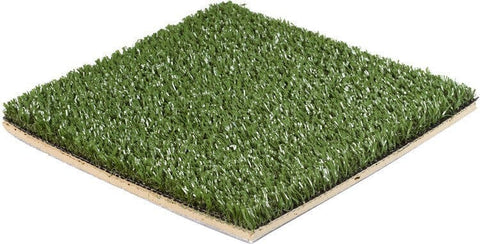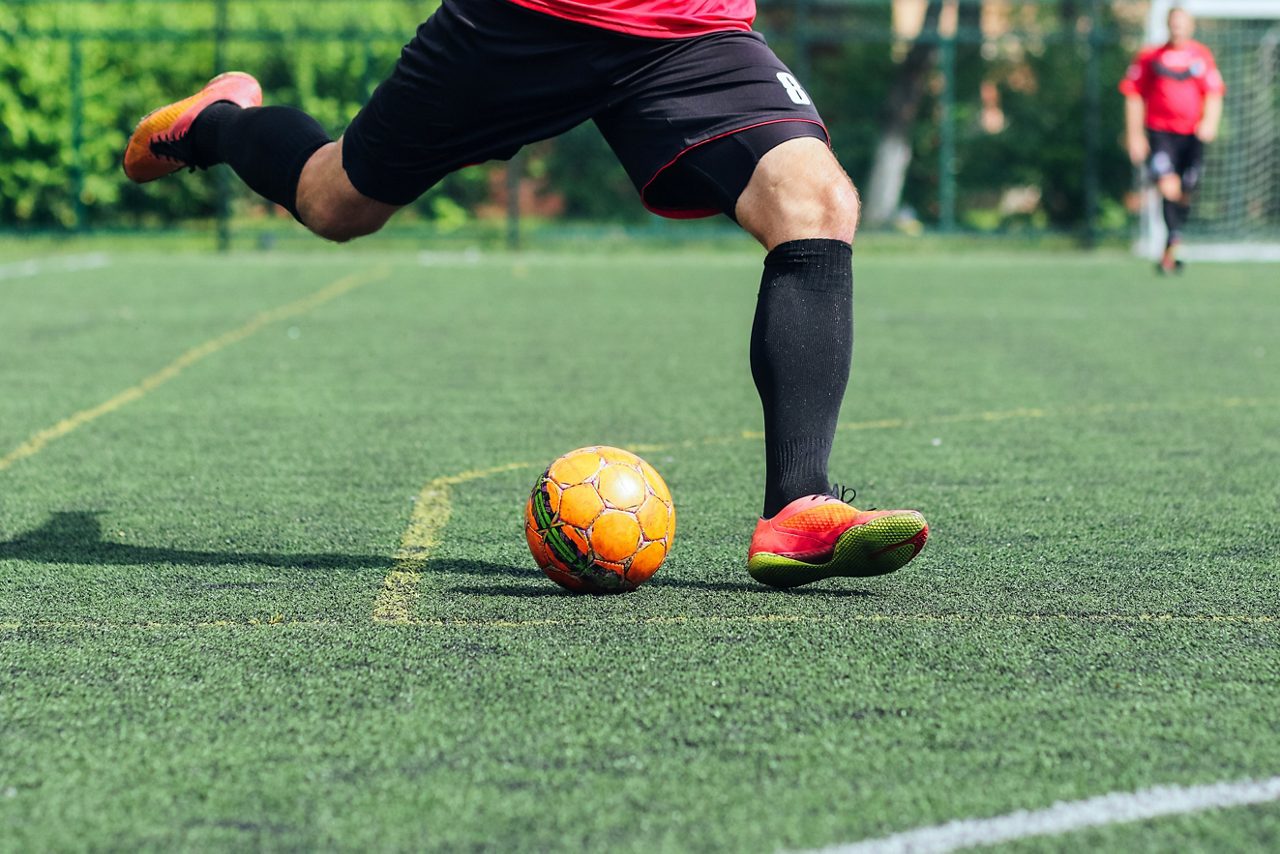Dependable Artificial Turf Companies Phoenix for a Attractive and Green Lawn
Dependable Artificial Turf Companies Phoenix for a Attractive and Green Lawn
Blog Article
Explore the Environmental Benefits of Opting for Synthetic Grass Solutions
The adoption of synthetic turf solutions provides a compelling chance to deal with pressing environmental difficulties. By substantially minimizing water use and lessening the application of harmful chemicals, these options not just promote sustainable landscaping yet likewise secure regional environments.
Water Preservation Conveniences
One of the most significant advantages of artificial lawn is its capability to save water. In contrast, man-made lawn does not need watering, dramatically decreasing the total need for water sources.
By eliminating the need for normal watering, artificial grass adds to lasting landscape techniques and assists mitigate the environmental impact of excessive water usage. The preservation of water extends to the reduction of drainage, which can lead to dirt erosion and waterway air pollution.
In addition, the installment of synthetic grass enables communities and house owners to allocate water sources a lot more successfully, focusing on vital uses such as alcohol consumption water and agriculture. The change in the direction of man-made lawn not just promotes liable water usage but additionally aligns with wider environmental goals targeted at maintaining all-natural sources.
As neighborhoods progressively focus on sustainability, the water conservation advantages of synthetic grass present an engaging case for its fostering in household and business landscaping projects.
Minimized Chemical Use
The transition to synthetic grass dramatically reduces the dependence on chemical treatments generally utilized in natural lawn maintenance. Typical turf monitoring commonly entails the application of pesticides, plant foods, and herbicides to promote development and control pests. These chemicals can posture dangers to human health, neighborhood wildlife, and the setting, adding to dirt and water contamination.
On the other hand, synthetic grass eliminates the requirement for these dangerous substances. When mounted, it calls for very little maintenance, mainly consisting of normal cleansing and occasional infill replenishment. This decrease in chemical use not only benefits the immediate atmosphere however also adds to wider environmental security. By decreasing the release of artificial compounds right into the ecological community, synthetic grass promotes healthier dirt and water systems.
Additionally, the absence of chemical runoff linked with synthetic grass installments aids shield regional waterways from air pollution, sustaining marine life and maintaining biodiversity. Phoenix turf companies. As neighborhoods increasingly focus on lasting techniques, choosing synthetic grass provides a feasible option that lines up with ecological preservation goals. Through this shift, homeowner can enjoy lush environment-friendly areas without jeopardizing environmental health, leading the method for a much more sustainable future
Reduced Carbon Footprint

Moreover, the installment of fabricated turf can result in substantial water conservation. Natural yards call for substantial amounts of water for irrigation, which not only includes best site to the carbon impact connected with water removal and treatment but also pressures regional water sources. On the other hand, synthetic grass requires minimal maintenance, calling for no watering, thus significantly reducing water usage and its linked power costs.
Additionally, the longevity of synthetic grass adds to its reduced carbon influence. With a lifespan of up to 15 years or even more, the need for regular substitutes is diminished, causing much less waste and lower power usage in production and taking care of typical turf alternatives. Overall, synthetic grass presents a sustainable choice for eco mindful landscaping.
Environment Preservation
Habitat preservation is a vital factor to consider in the dispute over landscape design selections, especially when comparing synthetic grass to natural lawn. All-natural grass yards typically need substantial maintenance, including the use of plant foods, herbicides, and pesticides, which can negatively affect regional communities. These chemicals can seep right into the soil and waterways, hurting indigenous plants and animals and interfering with neighborhood environments.
On the other hand, synthetic grass presents a possibility to reduce the ecological impact of landscaping. By choosing artificial turf, property owners can minimize the disruption of natural habitats connected with standard yard treatment methods. Synthetic lawn gets rid of the demand for unsafe chemicals, thereby shielding neighboring wildlife and maintaining the honesty of surrounding environments. The installment of synthetic turf can lead to the conversion of former grass locations right into more biodiverse landscapes, such as pollinator yards or indigenous plant locations, which can sustain local wildlife.
Eventually, the change to synthetic grass not only conserves water and lowers upkeep initiatives but likewise cultivates a much more harmonious partnership in between human tasks and the all-natural setting, promoting environment conservation in the procedure.
Long-Term Sustainability
Lasting sustainability is an important consider assessing the benefits of synthetic grass over traditional lawn lawns. One of the most substantial benefits of fabricated grass is its sturdiness; it can last up to 15-20 years with minimal upkeep, whereas all-natural lawn needs frequent reseeding and substitute. This long life lowers the need for continuous resources, such as water, plant foods, and pesticides, which are essential for maintaining a healthy turf lawn.
Furthermore, fabricated turf adds Extra resources to a reduction in carbon emissions related to yard treatment equipment. Traditional yards commonly need gas-powered lawn mowers, leaners, and blowers, all of which add to air index pollution. Turf installation phoenix az. On the other hand, man-made grass removes the demand for such tools, promoting a cleaner environment
In addition, the production of synthetic grass increasingly utilizes recycled products, enhancing its sustainability account. As suppliers take on environmentally friendly methods, the ecological impact of synthetic grass continues to reduce.

Final Thought
The fostering of synthetic grass services presents considerable environmental benefits, consisting of considerable water preservation, reduced reliance on hazardous chemicals, and a lower carbon footprint. Man-made grass aids in protecting natural habitats by minimizing land disruption and advertising long-term sustainability with the use of durable products. Collectively, these aspects highlight the possibility of synthetic grass to contribute positively to environmental health and offer a viable option to conventional landscaping methods in a progressively resource-conscious globe.
In contrast, man-made grass does not need watering, dramatically decreasing the overall need for water resources. By lessening the launch of synthetic substances right into the ecosystem, man-made grass advertises much healthier dirt and water systems.
Furthermore, the setup of artificial turf can result in significant water conservation. In comparison, artificial lawn needs marginal upkeep, calling for no watering, thereby considerably lowering water usage and its linked energy expenses.

Report this page